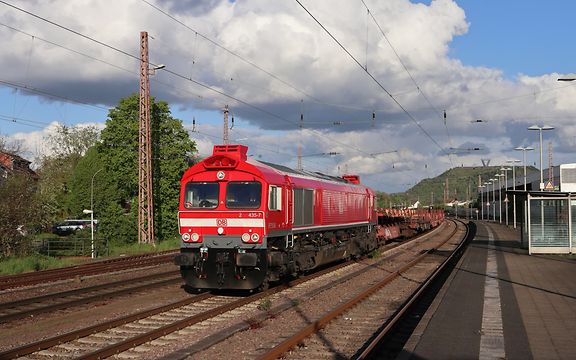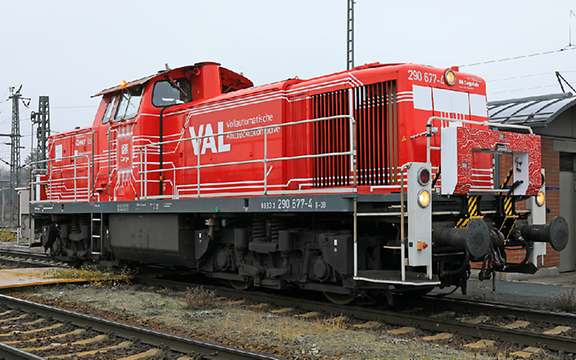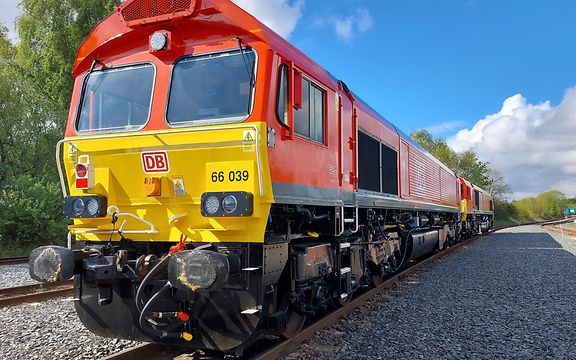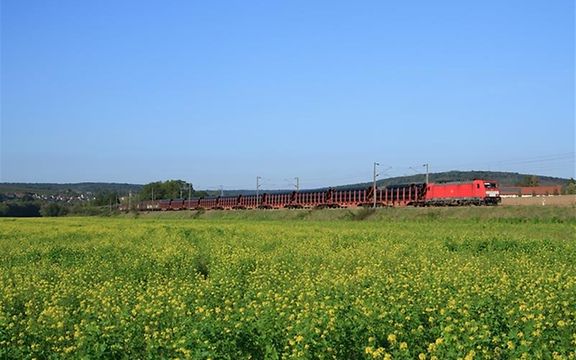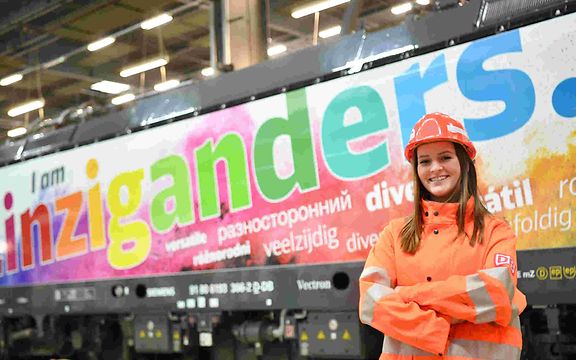Where can I find answers about the volume and frequency of rail traffic?

Our colleagues at DB Netz will be happy to provide you with information on the volume and frequency of rail traffic.
Where can I find information about jobs and careers at DB Cargo?

For enquiries about a career at DB Cargo, such as current job offers, internships or other personnel questions, please visit our website or contact the person responsible for the respective job advertisement directly.
Where can I find information on transport units?

Please note that we only transport for business customers and transport almost everything that fits into at least one freight wagon or container / swap body.
Do you already have a concrete idea about your transport?

Send us a message with your non-binding transport enquiry.

